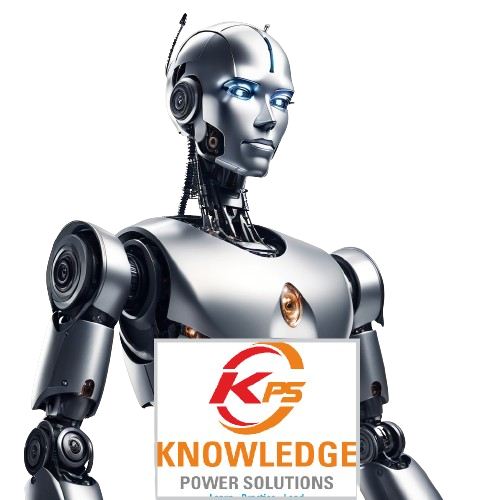The History of Artificial Intelligence (AI)
The journey of Artificial Intelligence (AI) is a fascinating tale of human curiosity and technological innovation. It spans decades of groundbreaking research, theoretical advancements, and practical applications. Below is an overview of the key milestones in the history of AI.
1. The Early Foundations (1940s–1950s)
- 1943: McCulloch and Pitts developed the first mathematical model of a neuron, the foundation for artificial neural networks.
- 1950: Alan Turing, in his seminal paper “Computing Machinery and Intelligence”, proposed the concept of a machine that could simulate human intelligence and introduced the Turing Test to evaluate AI.
2. The Birth of AI as a Discipline (1956)
- Dartmouth Conference (1956): Regarded as the birth of AI, this conference brought together pioneers like John McCarthy, Marvin Minsky, Nathaniel Rochester, and Claude Shannon. McCarthy coined the term “Artificial Intelligence” here.
- Early efforts focused on symbolic reasoning, problem-solving, and game-playing, leading to early programs like:
- Logic Theorist (1956): A program that could prove mathematical theorems.
- Checkers-playing AI (1956): Developed by Arthur Samuel, it was one of the first programs to learn and improve over time.
3. The Era of Optimism (1956–1970s)
- Researchers believed that AI could quickly replicate human intelligence.
- Key developments included:
- ELIZA (1964–1966): A natural language processing program by Joseph Weizenbaum that simulated a psychotherapist.
- Shakey the Robot (1966): The first robot to combine perception, reasoning, and action.
However, progress was slower than expected due to limitations in computing power and data availability.
4. The First AI Winter (1974–1980)
- AI Winter: A period of reduced funding and interest in AI research, triggered by unmet expectations and criticisms.
- Challenges included:
- Lack of computational resources.
- Difficulty scaling early AI systems.
- Failure to deliver practical applications.
5. The Revival and Expert Systems (1980s)
- The 1980s saw a resurgence of AI through expert systems, which used rule-based knowledge to solve specific problems.
- Example: MYCIN, an AI system for diagnosing blood infections.
- Governments and industries invested heavily in AI research, notably Japan’s Fifth Generation Computer Systems Project (1982).
6. The Second AI Winter (Late 1980s–1990s)
- Interest in AI waned again due to:
- High development costs.
- Limited commercial success of expert systems.
- Emerging skepticism about AI’s scalability and adaptability.
7. The Rise of Machine Learning (1990s–2010s)
- AI shifted from symbolic reasoning to data-driven approaches with the rise of machine learning and statistical methods.
- Key milestones:
- Deep Blue (1997): IBM’s chess-playing AI defeated world champion Garry Kasparov.
- Development of support vector machines and decision trees.
- Emergence of natural language processing tools like Google Translate.
8. The Deep Learning Revolution (2010–Present)
- Advances in neural networks and deep learning algorithms, coupled with powerful GPUs and massive datasets, accelerated AI progress.
- Key achievements:
- ImageNet (2012): Deep learning models achieved breakthroughs in image recognition.
- AlphaGo (2016): DeepMind’s AI defeated the world champion in the game of Go, a feat previously thought decades away.
- Virtual assistants like Siri, Alexa, and Google Assistant became mainstream.
9. AI in the Modern Era (2020s)
- AI is now pervasive in areas like:
- Healthcare: AI-assisted diagnostics.
- Autonomous vehicles: Self-driving cars by companies like Tesla and Waymo.
- Creativity: AI-generated art, music, and text.
- Generative AI: Tools like ChatGPT, DALL·E, and Stable Diffusion have transformed content creation.
10. The Future of AI
- AI research continues to evolve in fields like:
- General AI: Systems capable of human-like understanding.
- Quantum AI: Leveraging quantum computing for AI applications.
- Ethical AI: Ensuring responsible and fair use of AI technologies.
Conclusion
The history of AI reflects humanity’s relentless pursuit of understanding and replicating intelligence. From theoretical beginnings to real-world applications, AI has come a long way and holds the promise of reshaping our future in ways we are only beginning to imagine.
